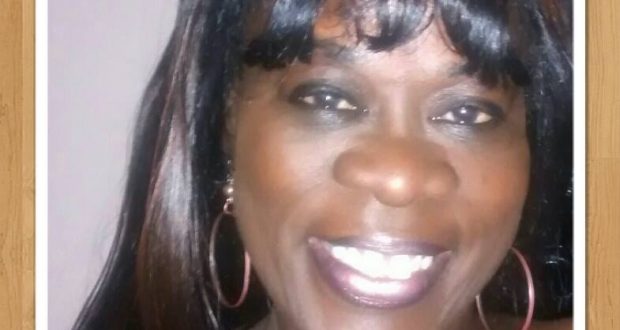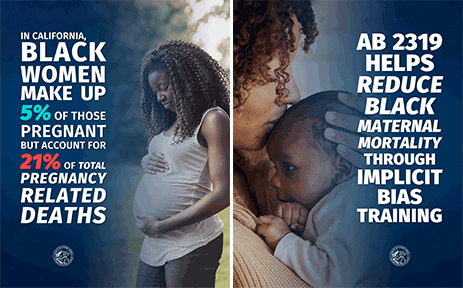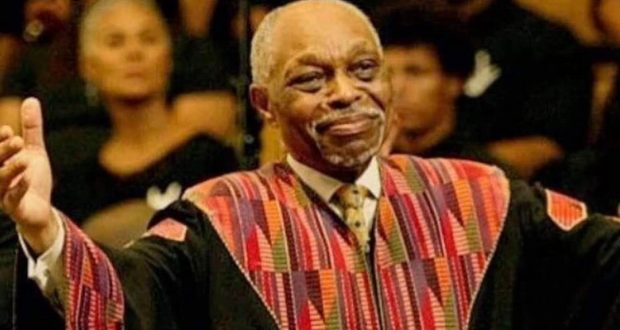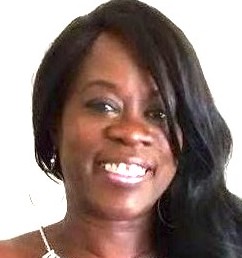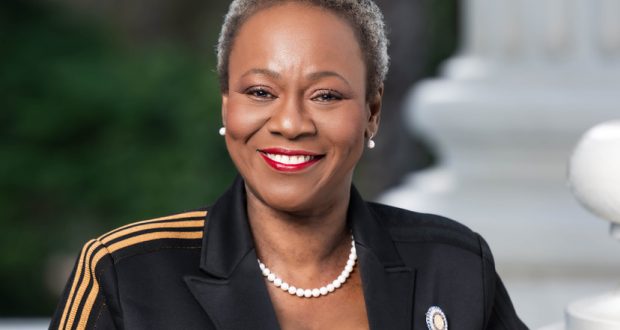By Lou Yeboah
Change your direction. God has given you the opportunity to give your life to Him in this era of human history, but you have neglect it. About – face! Don’t gamble with your soul! God’s offer is only guaranteed for today. For [2 Corinthians 6:2] says, “Now is the accepted time; behold now is the day of salvation.” You may be dead tomorrow. Wake up! Don’t be like the people in Noah days, who were unconcerned about salvation and got left behind. Make every effort to enter the narrow door. For as [Luke 13:22] states, “there will be many who will try to enter in and will not be able to, because once the Master of the house gets up and closes the door, they will be standing outside knocking and pleading, sir open the door for us, but “He will answer,” I don’t know you or where you come from. About – face. Change your direction, position, and attitude!
Now, there may be someone who is reading this, who has been riding on the grace, mercy, and longsuffering of God your whole life. There may be another who may have never even thought about what will happen to you when you die. You may not see a need to be saved. You may be like the men of Athens – “we will hear thee again of this matter “– [Acts 17:32]. You may be like Agrippa, “Almost thou persuadest me to be a Christian” – [Acts 26:28]. You may hate God, you may despise God, you may do everything you do in opposition to God – but I want you to know that there will come a day that you will have to stand before the same God you hate; the same God that you despise, and when that day come, if you have not accepted the Lord as your Savior, you will be sorry that you didn’t heed God’s warnings and pleas.
Change your direction, because as [Romans 14:12] reminds us, “Everyone will give an account to God, no one will escape. For if God spared not the angels but cast them down to hell; and if God spared not Sodom and Gomorrah but destroyed them; and if God spared not the old world which was destroyed in Noah’s flood, certainly God will not spare this current world. About – face! Change your direction! Don’t wait until it’s too late! The Bible is very clear that there comes a time when it will be too late to be saved. [Hebrews 9:27; Hebrews 12:17; Luke 16] Don’t you wait until it’s too late!
I can only imagine the sheer terror of realizing I have refused God one too many times. Like Belshazzar [Daniel 5], who saw the writing on the wall. But waited until it was too late! Judgment had been declared. The Bible records his trembling, his fear, his knees smote together in terror. He found no place of repentance, he found no mercy, he found no grace. God was done with him forever. In Genesis, when the angels came to Sodom, judgment had already been declared. Their fate was sealed. The angels came to save Lot and destroy the city. All the inhabitants were dead men walking even before the angels arrived in Sodom. Symbolically, they desperately groped for the door in the darkness, but like the handle to the door eluded them, so had the door to eternal life been slammed shut for eternity. Don’t wait until it’s too late! About- face! Change your direction! Change your position! Change your attitude and remember, Noah preached repentance, he warned of coming judgment, he warned the people of impending doom, the invitation to be saved and avoid judgement was extended for many, many years. But one day, the offer was withdrawn. There came a day when God shut him in. It was over, even before the raindrops began to fall; before the fountains of the deep were broken up; before there was any sign of the impending deluge. Heed the warnings, hear God’s plea because “When death comes, it will be too late for repentance. [Hebrews 9:27]
And the Spirit and the bride say, Come. And let him that heareth say, Come. And let him that is athirst come. And whosoever will, let him take the water of life freely. [Revelation 22:17].
 Westside Story Newspaper – Online The News of The Empire – Sharing the Quest for Excellence
Westside Story Newspaper – Online The News of The Empire – Sharing the Quest for Excellence
